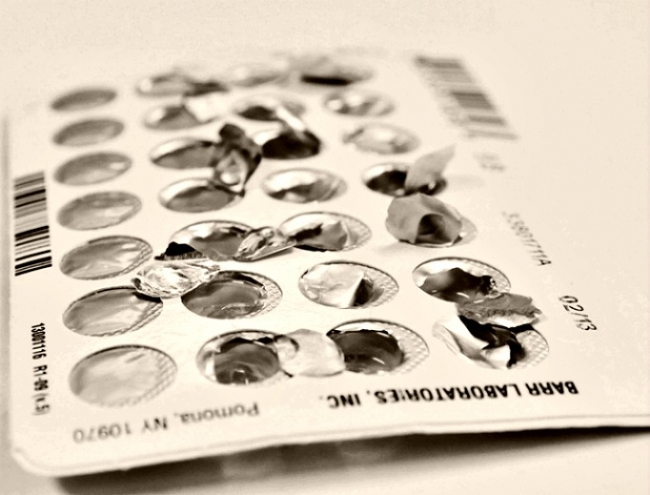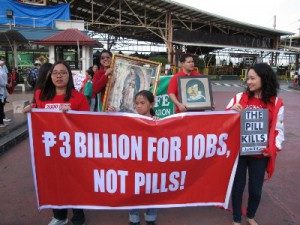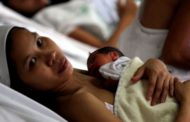
Society’s core values — not women’s fertility — needs to be ‘fixed’ in order to authentically empower women, say scholars supporting Church teaching.
BY ADELAIDE MENA/CNA/EWTN NEWS
WASHINGTON — Modern-day imperialism. Harmful to women. A failed promise. These are the ways that leading Catholic scholars described contraception, saying the Church is right to warn against it.
“What women have discovered over the past 48 years is that we don’t have a design flaw. Being a woman is good enough, and it’s a wonderful thing,” said Mary Rice Hasson, director of the Catholic Women’s Forum at the Ethics and Public Policy Center.
Hasson was among a group of more than 500 Catholic scholars who signed a document supporting Church teaching against contraception, as expressed in Blessed Paul VI’s 1968 encyclical Humanae Vitae.
The document, entitled “Affirmation of the Catholic Church’s Teaching on the Gift of Sexuality,” was released at a Sept. 20 media conference at The Catholic University of America in Washington, D.C.
It responded to a statement opposing Church teaching, released by the U.K.-based Wijngaards Institute. The 150 signatories of the dissenting statement argued that the Church has no reason for its teaching against contraception. They said that the use of birth control is sometimes “an ethical imperative,” and that abortion-causing methods of contraception are sometimes acceptable.
Pope Paul VI’s 1968 encyclical Humanae Vitae reaffirmed the traditional Christian rejection of contraception and said it applied to the birth control pill. If a married couple faces a just reason to avoid pregnancy, the Church teaches that they may do so through Natural Family Planning, a process that works with a woman’s natural fertile cycles and abstaining from sexual activity during the times that she is fertile.
Hasson voiced gratitude for the Church’s teaching, saying that it affirms women and does not treat their bodies as “broken.”
“From a woman’s perspective, contraception, abortion and the sexual revolution were held up to be a situation of promise, opportunity, of a way to move forward in equality,” she said.










